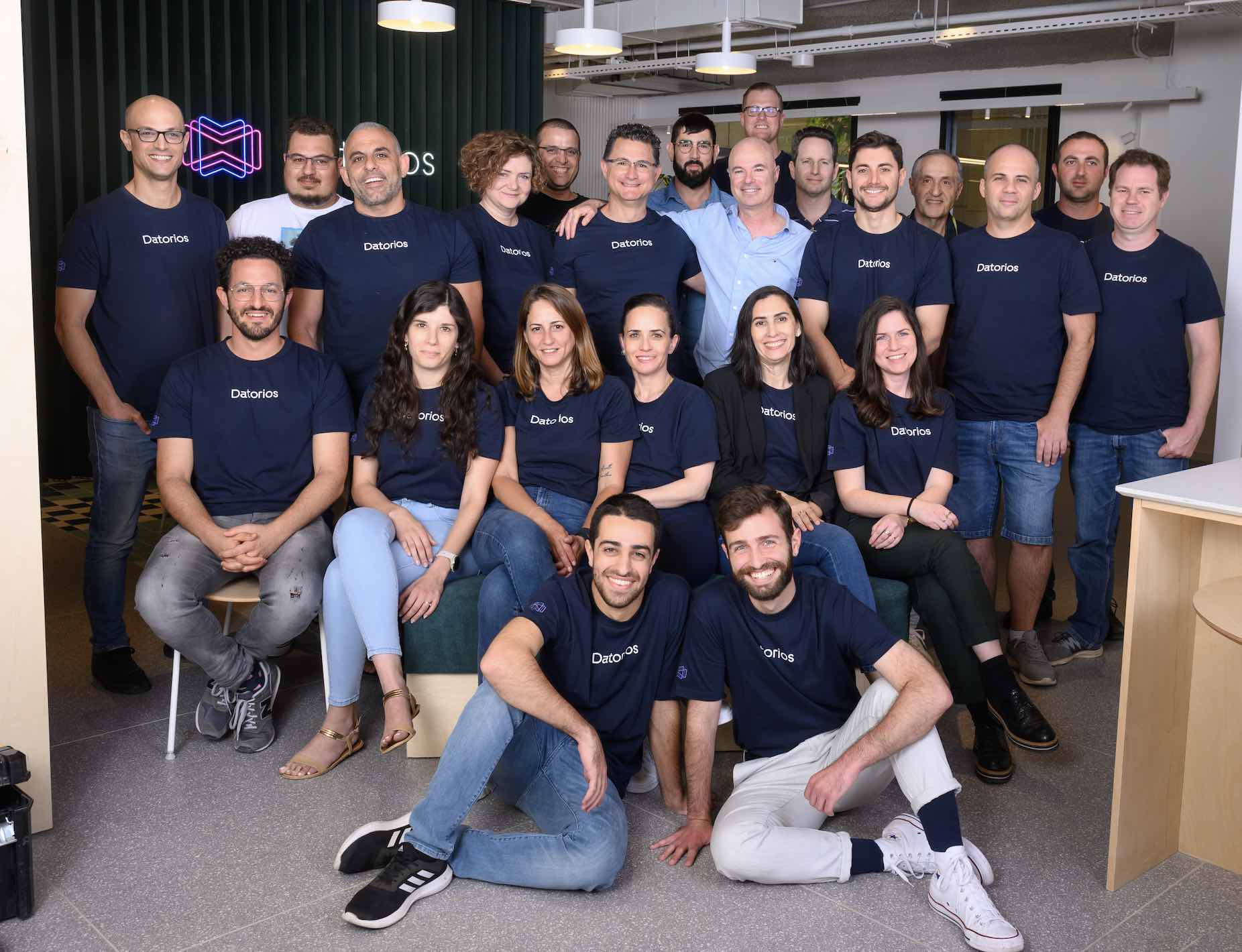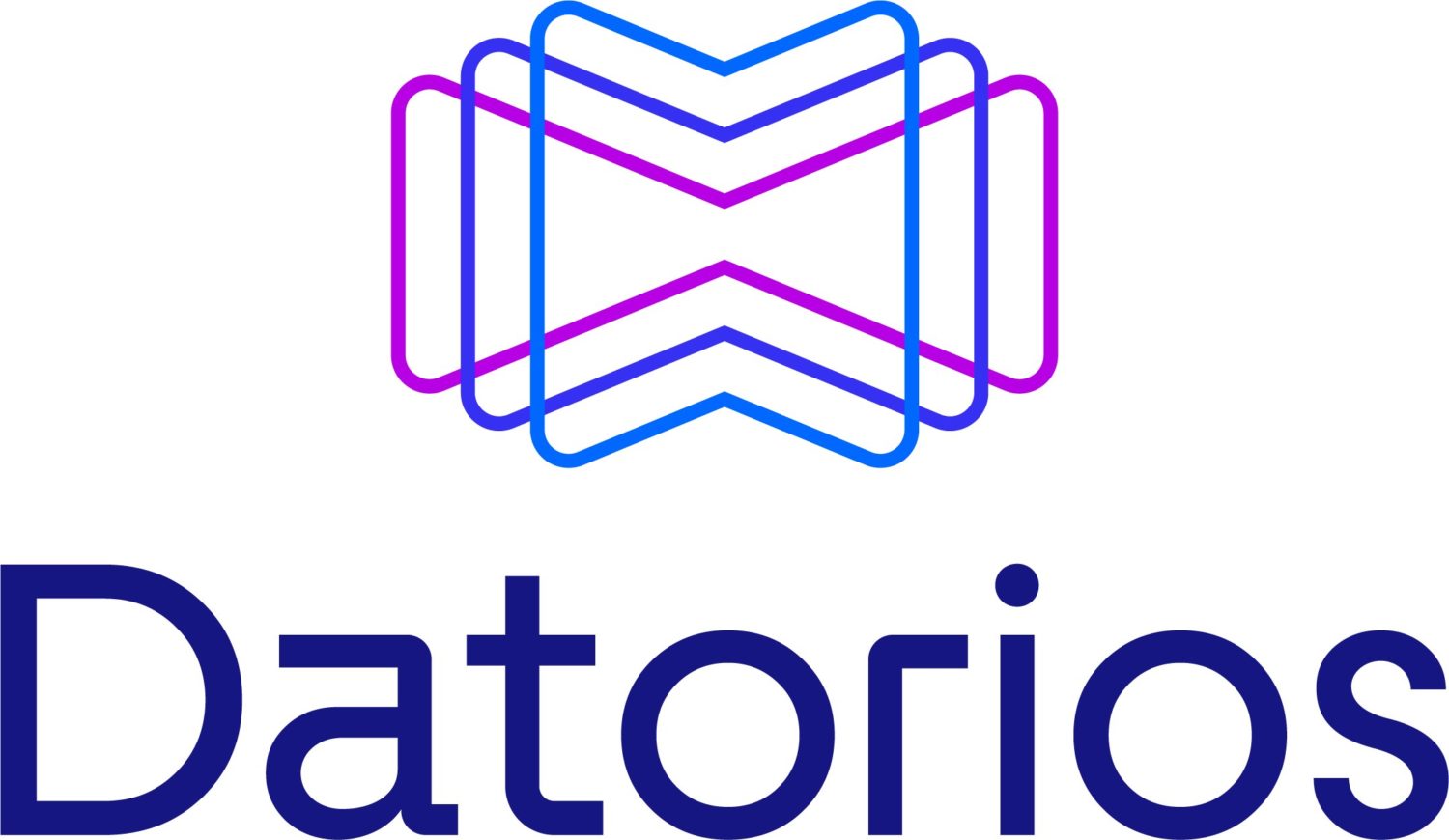
About one-third of U.S. companies fail to build up a proper data management system, a recent poll revealed, instead spreading the tasks over a wide range of teams and ending up with an obscure, messy, and inefficient apparatus. And that is just one of the dozens of challenges that companies face as they try to migrate into the Big Data era, which all too often ends up being quite a challenge.
As plentiful as the challenges are, the survey above sheds light on a larger problem in how companies approach data. It is very much far from streamlined; what you often have on the ground in real terms is a bunch of siloed functions trying to work together, but not exactly succeeding. Business teams want insights, ideally yesterday, compliance and risk teams want secure storage and visibility, and it’s up to the data engineers to code all of that into existence without too much of a brief on what problem the company is even trying to solve at any specific point.
While demands pile up and change on the go—business is business, companies always have to act fast and think even faster, which means attuning their business questions and priorities as often as needed—data projects lag behind. To set up one data pipeline, the engineers have to do a lot of heavy coding, then test and debug the early version, then deploy it into production and scale it up, while also taking care of the maintenance.
The situation clearly begs for a paradigm shift, with a more collaborative model taking over. This model is hard to imagine without a proper technological infrastructure behind it, though. Thankfully, Datorios, formerly known as Metrolink, brings just that to the table.
Datorios has built a data transformation framework that enables data projects to move at the speed of business. Data transformation is the most important piece of the puzzle when it comes to data pipelines, and the point where the value extraction begins, but also the most time-consuming component to build and deploy. Datorios’s platform enables data engineers to get the entire process done within hours, not weeks and months, greatly reducing the time-to-value for all data projects.

The framework offers data engineers a wide array of pre-made and ready for use pipeline building blocks, well-integrated between themselves. With these tools, engineering teams can shift 80 percent of the time that’s usually spent on implementation—the lengthy and, strictly speaking, boring stage—to design and true collaboration with their business co-partners. Decoupling the design phase from implementation and the ability to declare the pipeline design as a configuration is the secret sauce of a great time-to-market and better business relevance.
While pipelines are operational, the platform takes care of scalability on its own, removing another headache for the engineering team as well, and features a built-in capacity for processing real-time, events-based data. The latter is another major struggle for companies, even though the promise it holds for businesses is more than immense. The Datorios platform offers businesses a ready solution for the problem, enabling real-time analytics of any complexity and scale.
The robust set of ready-made tools Datorios brings to the table enables data engineers to automate the routine tasks and focus on matters that put all of their expertise into action, such as coding custom building blocks. Datorios also features a no-code interface that enables other data functions, such as analysts and data scientists, to take part in data integration without having to write thousands of lines of code themselves. All pipelines built this way are visible to the engineering teams and can be customized with code as needed.
As a result, the platform enables companies to move toward more collaborative data operations, where every team involved works together through a versatile and easy-to-use platform, and everyone gets a seat at the table. In this scenario, data engineers are more involved with the business side of the project, while the business team can bring its own expertise to the data integration stage to fine-tune the end result to the company’s exact needs early on. This enables businesses to build their data pipelines faster and cheaper, generating tangible value from their data within minutes and adjusting their data infrastructures to their exact strategic needs on the go.
Founded by Ronen Korman and Asaf Cohen, two IDF tech wizards bringing their ingenuity to the civilian space, Datorios is rooted in the idea that to be of any value, data must be processed and analyzed in due time. Data transformation is the key hurdle before businesses trying to do just that, and with the Datorios platform, they will be able to quickly and effectively transform both their data and their entire internal data culture, embracing the new mindset and strategic vision for faster analytics-driven growth.
Advertising disclosure: We may receive compensation for some of the links in our stories. Thank you for supporting LA Weekly and our advertisers.
